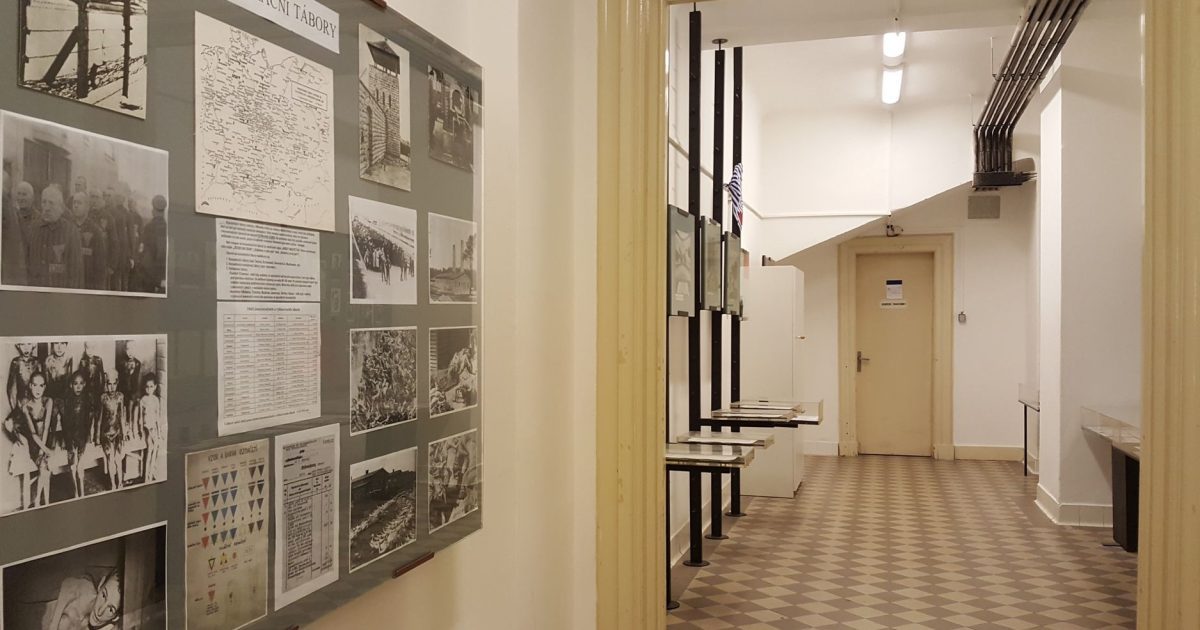A dispute is brewing within the government coalition over the future of Petschkov Palace, which served as a location where the Gestapo tortured Czech resistance fighters during World War II. Eduard Stehlík, the chairman of the Institute for the Study of Totalitarian Regimes (ÚSTR), supported by members of the ODS party, is advocating for establishing the institute’s headquarters and research facilities in the building.
However, Minister of Trade and Industry Jozef Síkela (representing STAN) opposes the relocation proposal as two critical ministry departments are currently housed in Petschkov Palace. The final decision on the move will rest with the government.
The Ministry of Trade and Industry vehemently rejects the idea of relocation, citing the presence of the foreign trade and European funds sections within the palace. According to the ministry’s spokesperson, Marek Vošahlík, such a move would not only cost the state millions but could also jeopardize the EU funding disbursement and activities related to export licenses and the control of foreign trade in military materials, including weapon deliveries to Ukraine.
The historical significance of Petschkov Palace, which carries the suffering of Czech resistance, makes it an iconic and irreplaceable location, according to Member of Parliament Pavel Žáček. He argues that other post-communist countries, such as Hungary, the Baltic states, and Ukraine, also house historical institutions in former buildings of secret services from totalitarian regimes.
While some employees of ÚSTR have resigned in protest, the institute remains steadfast in its desire to stay in Petschkov Palace due to its unique historical atmosphere. The Ministry of Transport has suggested that ÚSTR consider relocating to a building partially occupied by the Czech Railways. However, Transport Minister Martin Kupka acknowledges that finding suitable space will not be easy and could take several years.
Member of Parliament Pavel Žáček strongly supports the relocation, emphasizing the symbolic importance of Petschkov Palace as a place intertwined with the suffering of the Czech resistance. He dismisses the ministry’s arguments regarding the investment in representative spaces within the palace, stating that the significance of the events that occurred there and the Czech bloodshed within its walls outweigh any current bureaucratic considerations.
The Institute for the Study of Totalitarian Regimes has not commented on ongoing negotiations regarding its headquarters. The issue remains unresolved while the institute’s employees work in four locations. Organizations such as the Czech Chamber of Commerce and the Confederation of Industry and Transport have opposed the relocation, arguing that it would involve unnecessary expenses and disrupt their activities to modernize the country.





